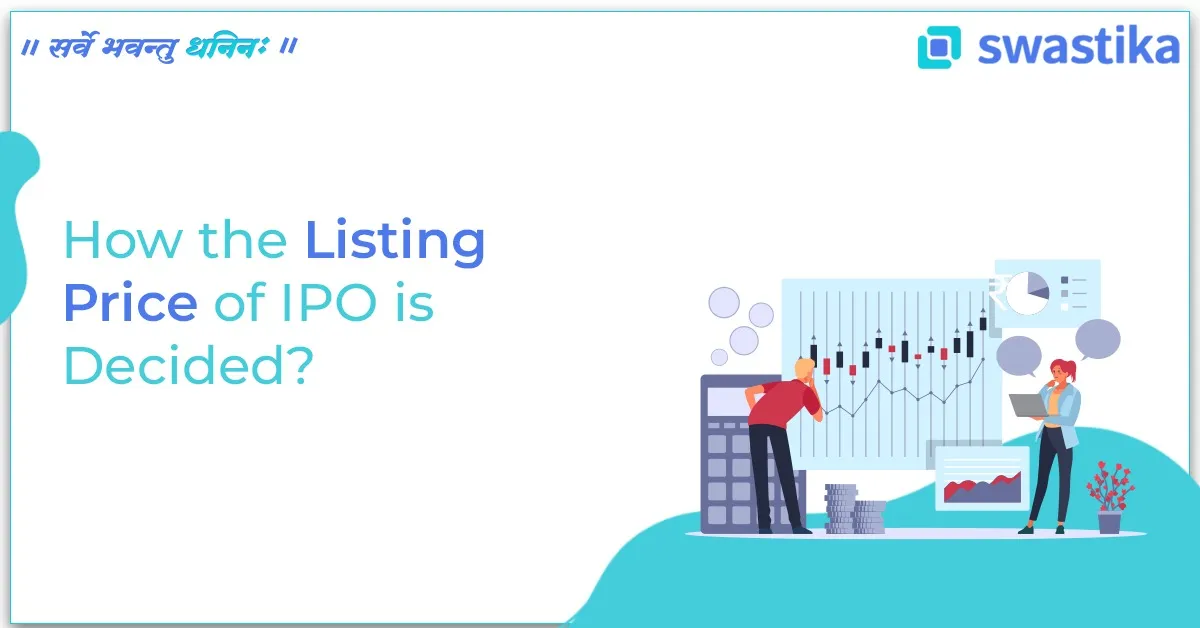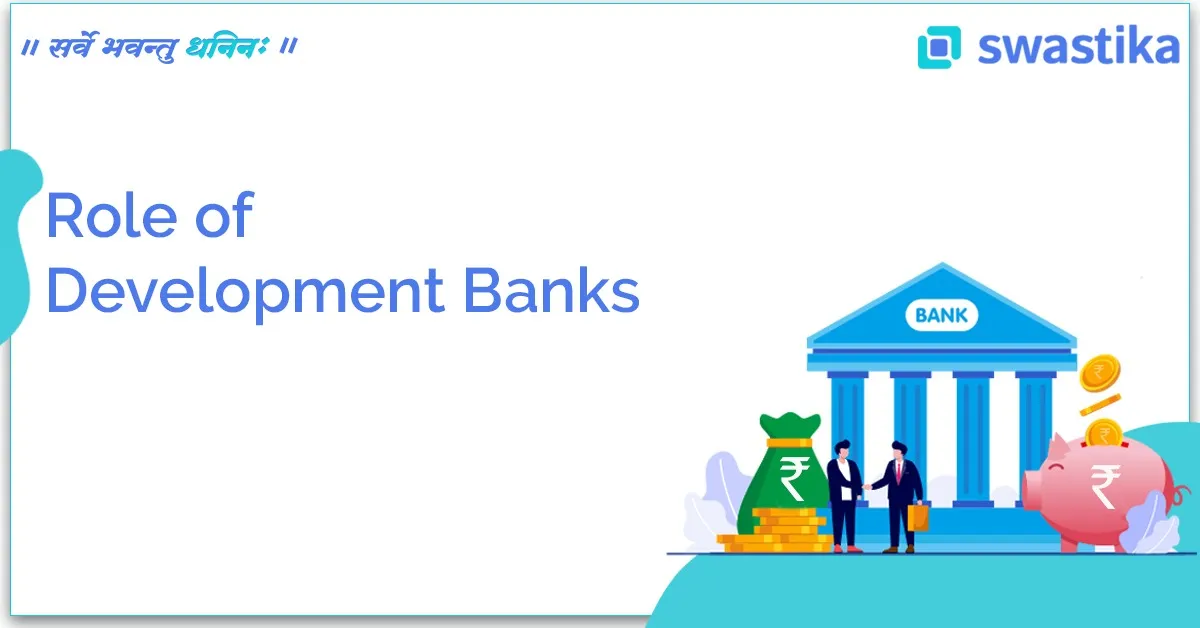Key Takeaways
- Commodity trading in India is surging thanks to better technology, SEBI regulation, and diverse online platforms.
- Broader retail participation is driven by user-friendly apps like Zerodha, Groww, Upstox, and Swastika Investmart.
- Sectors like gold, crude oil, and agri-products see higher interest due to price volatility and inflation hedging.
- Robust compliance via SEBI, NSDL/CDSL, and improved risk management elevate investor trust.
Commodity trading is no longer niche—it’s rapidly becoming a mainstream investment avenue in India. As 2025 unfolds, more investors are turning to commodity markets with interest than ever before. Whether you’re eyeing gold futures, crude oil contracts, or agri-products like chana and soybean, the market dynamics have never been more favorable.
Here’s why:
Digital Platforms Are Empowering Traders
Platforms like Zerodha, Groww, Upstox, Angel One, and ICICI Direct now offer seamless access to commodity segments. But Swastika Investmart takes it further with:
- Regional support in tier-2 and tier-3 cities
- Personalized research and advisory insights
- A SEBI-compliant and intuitive trading ecosystem
This combination lowers barriers for new retail investors and builds confidence in the commodity space.
Regulatory Safeguards Boost Confidence
SEBI's oversight of MCX (Multi-Commodity Exchange) and NCDEX (National Commodity & Derivatives Exchange), along with enforced use of NSDL/CDSL, ensures safe custody and settlement. Frequent investor alerts, mandatory KYC, and transparent margin norms reduce risk and build trust—especially vital for first-time participants.
Diversification in a Volatile Market
Equity markets’ volatility has investors seeking alternative avenues. Commodities—particularly gold (for inflation hedging), crude oil (tied to global trends), and agri-products (linked to climate)—offer a portfolio hedge. Emerging themes such as food inflation and geopolitical shifts are further drawing attention.
Rising Retail Interest & Awareness
Thanks to rising financial literacy and media coverage, retail investors are more aware of commodity opportunities. This urban-and-rural diffusion is backed by growing DEMAT account openings and mobile investing culture. Learning resources—from webinars to newsletters—added by brokers like Swastika Investmart are educating more people on the how-tos of commodities.
Momentum Snapshot: Why India Loves Commodities in 2025
Example in Action
Take the rising interest in soybean futures due to monsoon variability. Data shows a surge in active contracts traded, especially among small-town investors—a trend mirrored by the sharp rise in sign-ups for commodity access on cash-light platforms like Swastika Investmart.
Why Are More Indians Choosing Commodity Trading?
- Portfolio Diversification: Adding commodities reduces equity risk.
- Hedge Against Inflation: Gold, silver, and crude oil safeguard wealth.
- Global Exposure: Commodities reflect international demand-supply shifts.
- Leverage Opportunities: Futures & options provide margin benefits (with risk).
- Technology Access: Mobile apps make commodity trading as simple as stock investing.
👉 Ready to explore this growing market? Open a Commodity Account with Swastika Investmart today.
Swastika Investmart Advantage in Commodity Trading 🌟
While many brokers provide commodity access, Swastika Investmart focuses on:
- SEBI-compliant practices ensuring investor protection.
- Strong research desk offering actionable trading insights.
- Regional & vernacular support for Tier-2 & Tier-3 investors.
- Technology-first approach with robust web & app platforms.
- Trusted brand legacy with decades of market presence.
📲 Start trading commodities with Swastika Investmart:
FAQs
Q1. Why is commodity trading becoming popular in India now?
Rising digital access, volatile prices, and inflation-driven demand are key contributors.
Q2. Can beginners invest in commodities easily?
Yes—platforms like Swastika Investmart guide them with intuitive tools and regional support.
Q3. What commodity is best to start with?
Gold and crude oil are among the most liquid, making them good starting points.
Q4. Are commodity markets risky for retail traders?
They can be volatile, but disciplined trading and robust platforms mitigate most risks.
Q5. How does SEBI protect commodity traders?
Through regulatory oversight, transaction transparency, and enforced clearing procedures via NSDL/CDSL.
Conclusion
In 2025, commodity trading isn’t just another option—it’s a strategic avenue for diversification, hedging, and portfolio growth. With modern trading apps, strong regulatory frameworks, and growing investor confidence, the Indian commodity market truly stands at an inflection point.
If you're ready to get started, Swastika Investmart offers a seamless, trusted, and insightful platform to explore your commodity trading journey.


.png)




.webp)
.webp)

.webp)






